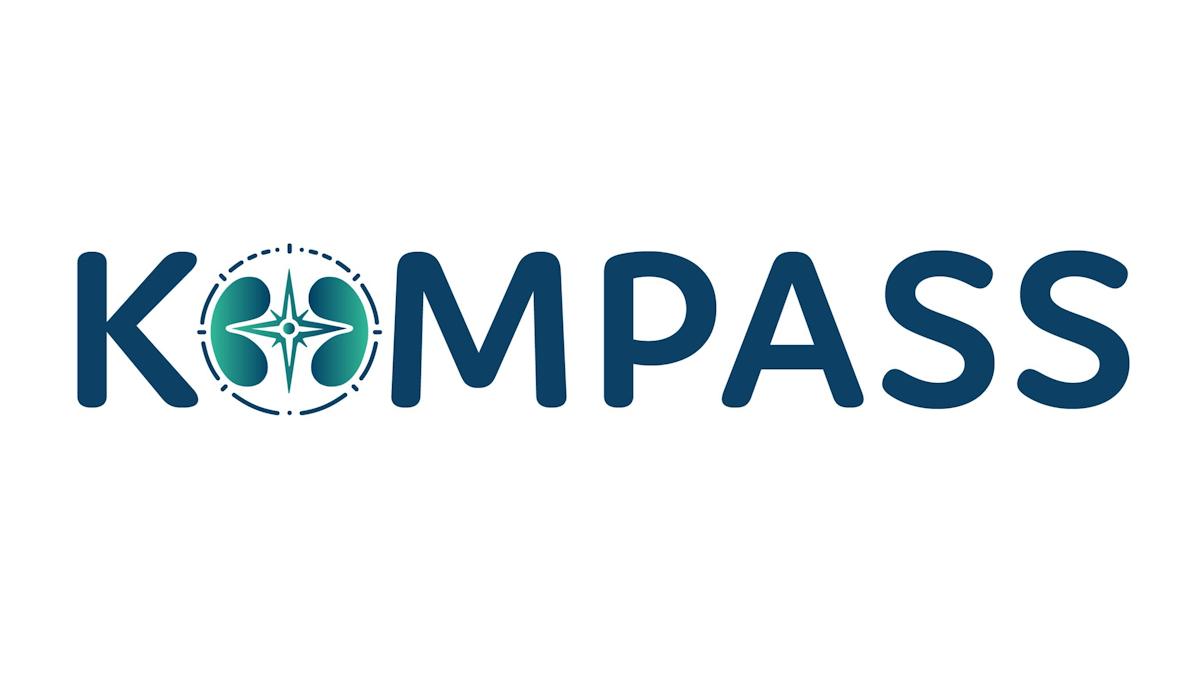UK pharma struggling to recruit digital talent, says ABPI

The life sciences industry in the UK is embracing digitalisation, but that is creating a demand for workers with artificial intelligence and data skills that is outstripping the supply of talent.
That’s the conclusion of a new survey prepared by the Association of the British Pharmaceutical Industry (ABPI), which finds that biomedical imaging, bioinformatics, and computational chemistry/science are new weak spots in the skills ecosystem, along with previously-identified gaps in areas such as robotics and data analysis.
On the plus side, there have been improvements in the supply of workers in skill gaps identified in prior editions of the two-yearly poll, including formulation science, pharmacokinetic/pharmacodynamics modelling, and chemometrics.
Critical skills, such as the application of scientific, mathematical, and digital knowledge, have re-emerged as a problem area in new recruits, with 57% of respondents in the 2023 survey identifying these as challenges, compared to 38% in the last poll in 2021.
“Digital and data skills are the top priorities for the industry and continue to grow in importance,” says the report. “Of the top thirteen priority skills identified by our survey, eight involve an element of digital or data expertise.”
A key finding is that, while the numbers of people studying and training in these skills is on the rise, competition for talent is also going up, with UK biopharma companies vying with other sectors, as well as overseas companies in the industry.
One way the industry is responding to the challenge is by offering apprenticeships, which are becoming increasingly popular as the costs of attending higher education escalate, and will likely only be encouraged by the government’s recent move to change the repayment terms for student loans.
One recommendation in the report is that the government make access to skills provision simpler and more flexible, particularly for the apprenticeship levy - for example, by devolving skills and apprenticeship spending, so as to enable local firms to meet the needs of their specific area.
At the moment, the levy makes large organisations set aside 0.5% of their payroll for apprenticeships, but is subject to restrictions which mean the funds are sometimes not used and are taken by the Treasury.
While some apprenticeships offered by pharma have grown - including for data analysts, which are up 69% since 2019 - others have been in decline, which may reflect the challenges employers face in making use of the levy and engaging with the UK’s apprenticeship system.
In the medium term, there needs to be “a clearer and more coherent careers guidance system across the UK,” with greater effort to support STEM (science, technology, engineering, or mathematics) graduates in developing the technical and transferable skills needed in industry, and in the long term a wholesale effort to support development of a workforce for jobs that rely on data, digital, and analytical skills.
“As the UK’s life sciences industry continues to push at the cutting edge of innovation and discovery, the skills they need evolve with the scientific and technical challenges they face,” said Andrew Croydon, the ABPI’s education and examination policy and partnerships director.
“Our latest report reinforces the need for accessible pathways into the sector, to ensure we have the highly skilled people required to keep one of the UK’s most innovative sectors globally competitive.”
The survey comes at a time when there are concerns about other areas of the life sciences sector, including a decline in the number of commercial clinical trials being carried out in the UK.
Image by Gerd Altmann from Pixabay.













